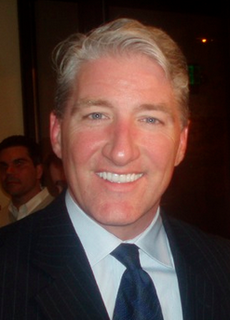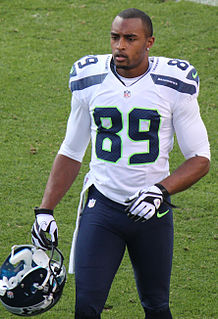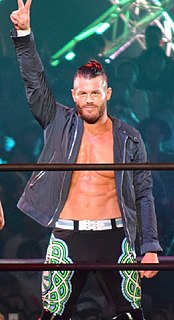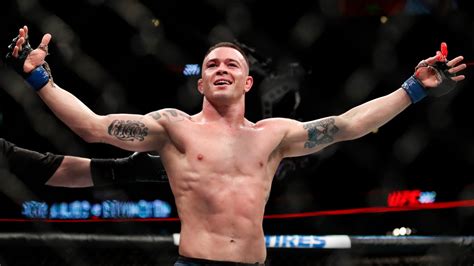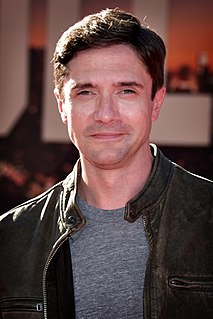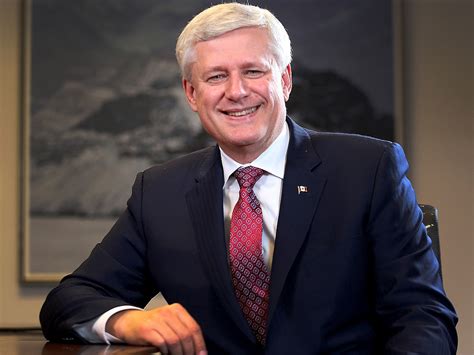A Quote by John King
I had the traditional print view of TV journalists: Those are pretty people who get paid a lot of money and don't do any work. It turned out I was wrong.
Related Quotes
Work - get paid; don't work - don't get paid. Everybody is on commission, .. Try not coming to work for six weeks. Work gets paid; don't work, don't get paid. When they earn those dollars, and when you're 4, and you clean up your room, it really means mom cleaned up the room and you did two toys. When you're 14, it means you cleaned up your room. But still, we got the money caused by work, and then, we have teachable moments on how to handle the money they earn.
I don't know how to put this, but to some people, the NFL is basically modern-day slavery. Don't get me wrong - we get paid a lot of money. There's a sense of 'shut up and play,' that this is entertainment for other people. Then, when we go out in public, we're like zoo animals. We're not human beings.
I think that all journalists, specifically print journalists, have a responsibility to educate the public. When you handle a culture's intellectual property, like journalists do, you have a responsibility not to tear it down, but to raise it up. The depiction of rap and of hip-hop culture in the media is one that needs more of a responsible approach from journalists. We need more 30-year-old journalists. We need more journalists who have children, who have families and wives or husbands, those kinds of journalists. And then you'll get a different depiction of hip-hop and rap music.
Distinguish between the work and the job title. When I was leaving school in the early 1970s, many people wanted to be journalists, carrying out investigative reporting for print newspapers. Print newspapers may not exist in twenty years. But good thinking and good writing about issues that need to be reported and investigated will always be needed; but where this happens, what it is called, and who pays for it may be quite different than could have been envisioned by the great journalists of the past.
My clients were always poor folks, working folks, people who were in trouble and couldn't afford to pay a whole lot. I found it very difficult to say no to somebody who needed help, so most of my work turned out to be pro bono. It didn't start out that way, but it turned out that way because I never got paid.
It seems to be that more and more people are asking you to work for nothing on films, and that's unfortunate because you have to make a living. On the other hand, I don't do a better job because I get paid a lot of money. I'm never like, 'I'm not going to work as hard because I'm not getting paid as much.'
I honestly think if I had made a ton of money as an actor, I wouldn't have done anything else. (Hah!) Then I turned to writing plays. If that paid me well, I don't know if I would have turned to TV. Or coaching. I've now devised a combination of things partly because I'm having fun, and partly because I'm piecing together a way to make a living.
